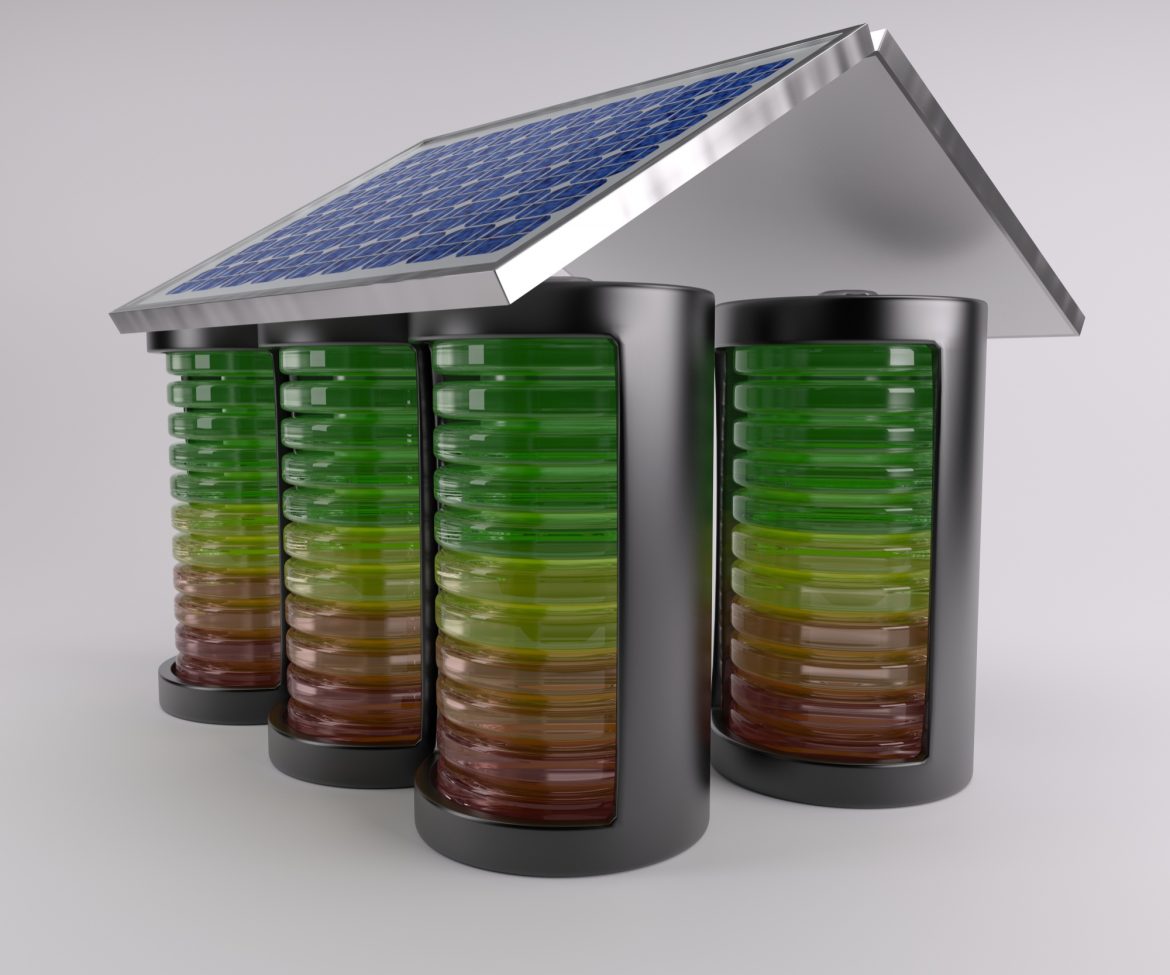In the face of the urgent global push towards a carbon-free, net-zero future, the role of Long-Duration Energy Storage (LDES) in revolutionizing the solar energy landscape is becoming increasingly pivotal. The Long-Duration Energy Storage Council has underscored the ambitious goal for the solar industry: to install a staggering 75,000GW of generating capacity by 2050. Yet, the Council stresses that achieving this milestone alone will not suffice to realize full decarbonization without the integration of LDES systems capable of storing solar-generated electricity for extended periods.
Speaking at the Solar Power Africa event in Cape Town, Julia Souder, the Council’s Chief Executive Officer, shed light on the transformative impact LDES technologies are poised to have on the renewable energy sector. Souder’s insights come at a critical juncture, with 2024 set to be a landmark year due to 80 countries conducting general elections. This scenario presents a unique window for energy and climate policies to take center stage, influencing government and investor agendas worldwide.
The intermittent nature of solar energy poses significant challenges to the stability of power systems, a concern highlighted by Siboniso Mlombo, an electrical engineer with Mainstream Renewable Power South Africa. The fluctuating availability of solar power complicates the balance of supply and demand within the power grid, making technologies like Battery Energy Storage Systems (BESS) not just beneficial but essential. BESS, as a form of LDES, serves a pivotal role in the renewable energy transition, providing a reliable method for storing excess energy generated during peak production times. This capability not only prevents the wastage of surplus energy but also contributes significantly to grid stability and frequency regulation.
The conversation around LDES and BESS is not limited to theoretical discussions but is backed by tangible global progress. Souder pointed to China as an exemplary case of rapid advancement in the energy storage sector. According to data from China’s National Energy Administration (NEA), the country witnessed a 260% increase in its overall energy storage capacity, reaching 31.39 GW by the end of last year. This growth, nearly tenfold since 2020, underscores the potential for exponential advancements in renewable energy technology and storage solutions worldwide.
The transition to a net-zero future necessitates an integrated approach, where LDES systems play a central role in establishing a new clean energy economy. As countries globally strive to enhance their renewable energy capabilities, the development and deployment of LDES technologies, particularly in conjunction with solar power installations, emerge as critical components in achieving sustainable, stable, and fully decarbonized energy systems.
According to a report by ESI Africa, the momentum behind LDES highlights a collective acknowledgment of its essential role in overcoming the inherent challenges posed by renewable energy sources. As the world moves closer to its net-zero targets, the integration of advanced energy storage solutions with solar power not only promises to enhance the reliability and efficiency of renewable energy but also paves the way for a sustainable future, free from fossil fuel dependence.



